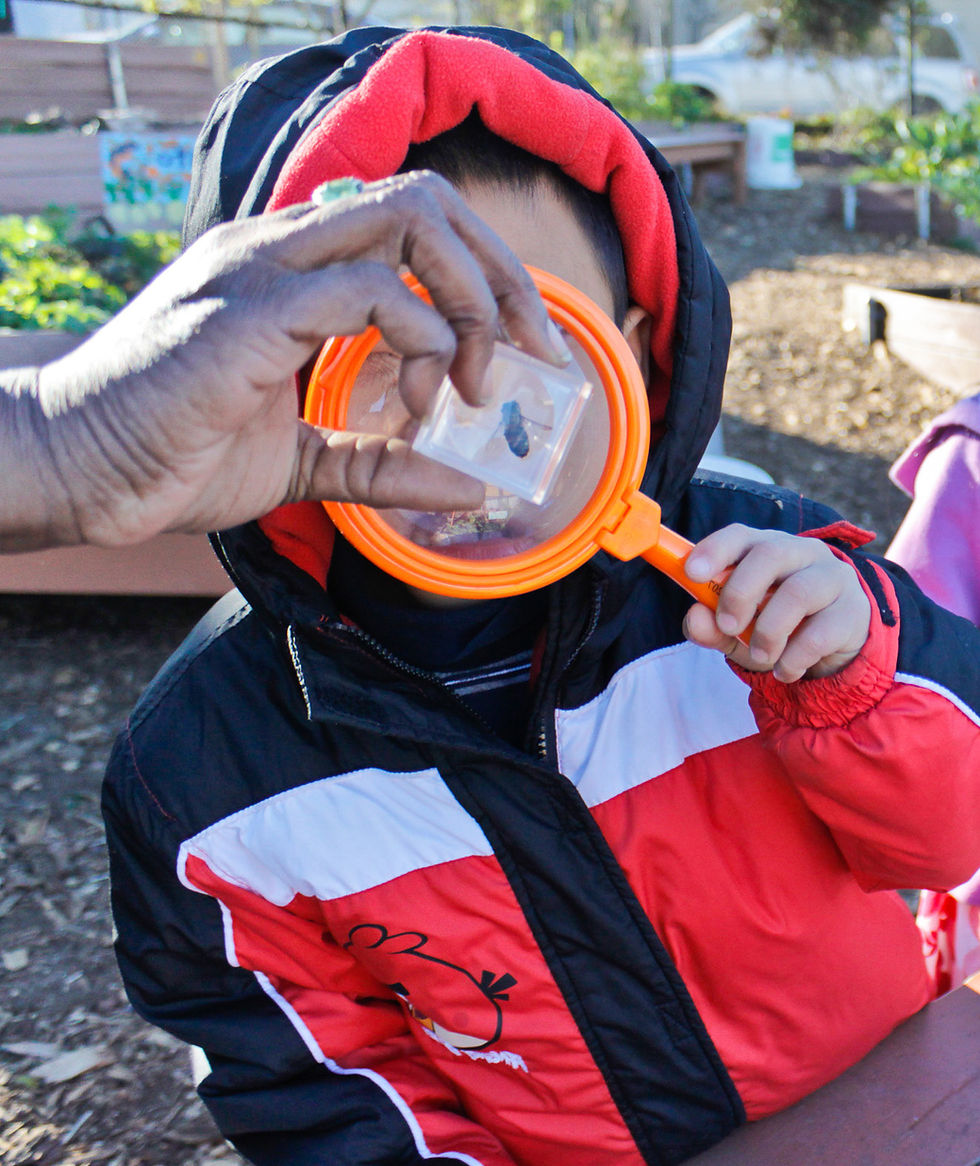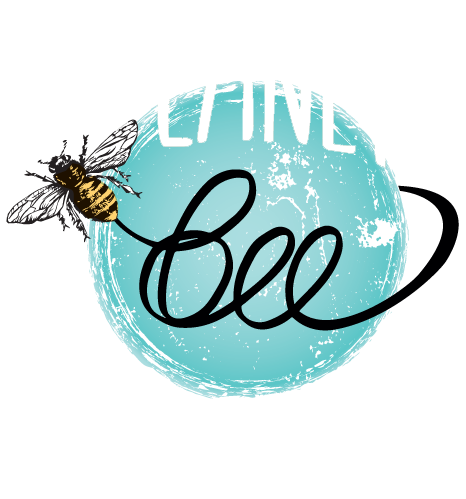
OUR STORY
The Story of Planet Bee's Grassroot Start

The Planet Bee story began in 2010 when Bill and Debra Tomaszewski, a dedicated husband-and-wife team, turned their passion for beekeeping into a mission to address environmental challenges.
Disturbed by the devastating effects of Colony Collapse Disorder on bees and ecosystems, they started offering free seminars, installing beehives, and collaborating with schools, nonprofits, and community gardens to protect pollinators and promote biodiversity.
Recognizing the importance of youth engagement, they created an educational program blending STEM activities, hands-on learning, and environmental stewardship.
This initiative soon expanded to include community groups and corporate partners, providing opportunities for people of all ages to take meaningful action.

Committed to accessibility, they ensured all educational materials were free for public schools, supported by donations and sponsorships.
In 2015, Bill and Debra founded Planet Bee as a 501(c)(3) nonprofit organization, broadening their Environmental STEM Education Program to teach about native bees as well as honey bees and transitioned to virtual learning during the pandemic.
Today, as Planet Bee continues to expand its programs, we are excited to share that Dr. Jamie Chan is now the Executive Director of Planet Bee, bringing her leadership and expertise to guide us into the future. Debra Tomaszewski has stepped into the role of Development Director, where she will continue to drive support for our growing initiatives and mission.
With hubs in the San Francisco Bay Area, DC/NJ/NYC, and Philadelphia, Planet Bee collaborates with schools, nonprofits, and corporations across the US and around the world, impacting over 175,000 students and community members each year as they continue to expand their reach.
Planet Bee offers a variety of programs, including asynchronous and synchronous Environmental STEM lessons focused on bees, the HarvestED curriculum that educates about plant life and soil, Community Science Programs, Educator Professional Development and Corporate Team-Building Programs.
Through these diverse initiatives, Planet Bee fosters environmental stewardship and STEM education on a broad scale.


2000
Bill and Debra Tomaszewski discover backyard beekeeping, sparking their passion for the natural world.
2010
Bill and Debra begin addressing the environmental crisis caused by Colony Collapse Disorder through education and community programs.
2015
Planet Bee becomes a nonprofit organization, expanding Environmental STEM Education Programs to include native bees along with honey bees.
2020
During the pandemic, Planet Bee launched virtual programs that expanded to reach schools across the country. These programs included interactive STEM lessons and community science initiatives, enabling continued educational efforts despite physical restrictions.
2024
Dr. Jamie Chan becomes Executive Director, and Debra Tomaszewski steps into the role of Development Director to further advance Planet Bee’s mission.
Present
With hubs across the US, Planet Bee collaborates with schools, nonprofits, and corporations, impacting over 175,000 students and community members through Environmental STEM lessons, the HarvestED curriculum, Community Science Programs and Corporate Team Building Programs.
